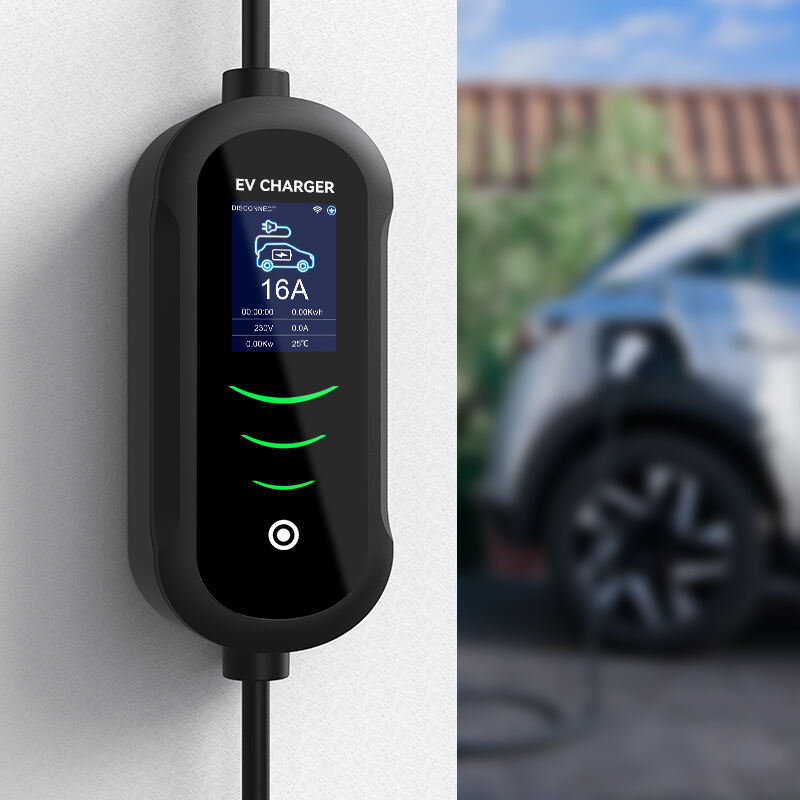In the growing market for electric vehicles, the role of certification in EV charging equipment is quite crucial. With faster adoption of eco-friendly travel, it is more important than ever in the construction of charging stations for them to be safe, function correctly, and be compatible with the vehicles. This article discusses certification and its relevance to the different stakeholders in the EV world.
The first and foremost concern is the user's safety. EV charging equipments with certification marks are tested for safety features. This is important not just for the users but also for the safety of the vehicles. Products that are not certified carry safety risks like electrical problems, equipment malfunctions, or even fires. Choosing certified equipment gives consumers peace of mind that the charging stations are safe.
Next, one important issue that requires attention is the charging station’s performance, which is also one of the core areas of certification. Certified EV chargers are tested for performance indicators like the speed and efficiency of charging. This is important as EV technology improves and consumers also expect more ease with faster charging. Companies that go for certification increase their reliability which builds the brand and loyalty to the customers.
Also, compatibility stands out as one of the most important factors. The charging paradigm within the EV market is quite vast, featuring numerous models that have diverse charging standards. With proper certification, charging stations can be made to suit a wide range of electric vehicles, thus fostering standardization. This kind of interoperability is key to the expansion of EV infrastructure, as it helps consumers to charge their vehicles at various stations without worrying about compatibility issues.
Aside from that, compliance to certification requirements is a main factor that determines the compliance of electric vehicle charging stations. Safety and sustainability have made most governments to establish new regulations concerning the EV structure. With proper certification, equipment is easier to be accepted within the market, thus aiding manufacturers deal with the numerous compliance requirements. This enhances the manufacturing process while enhancing the image of the regulators and consumers.
With the growth of the EV market, the need for certified EV chargers is projected to grow. Trends show that consumers are becoming more knowledgeable, so the shift is leaning toward the purchasing of certified products. Companies that make certification a primary focus in their offerings stand to gain a market advantage. In addition, the need for certified EV chargers is increasingly important due to many countries setting ambitious targets for EV adoption. There is also a greater focus on the reliability of the infrastructure in place.
As noted, certification for EV chargers is more than the simple regulations; they serve as the backbone of the EV charging ecosystem. For investors, charging infrastructure with certification marks provides investors with a better reputation with a trusted clientele. For the consumers seeking to charge their EVs, certified EV chargers mark means a low risk of failure. In the wake of the growing attention the electric vehicle market is getting, the need for certified EV chargers is bound to grow, thus enabling a future for sustainable transportation.

